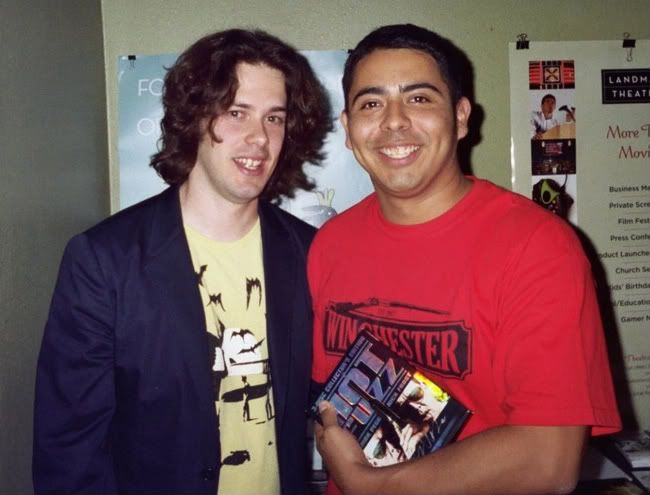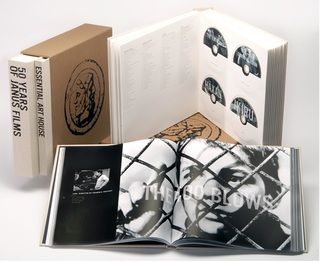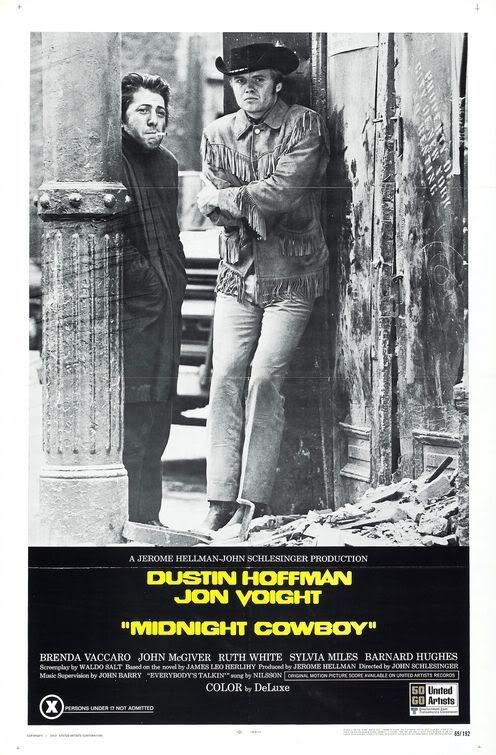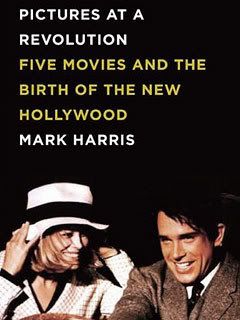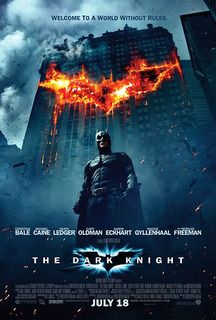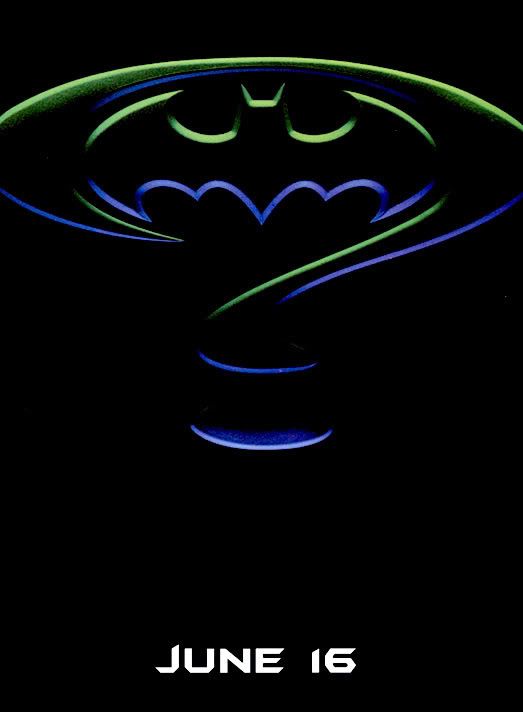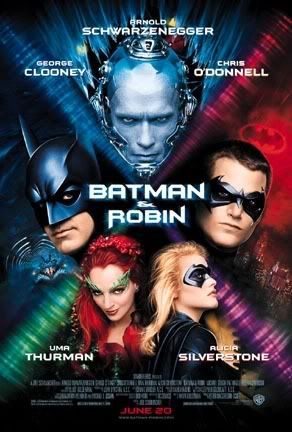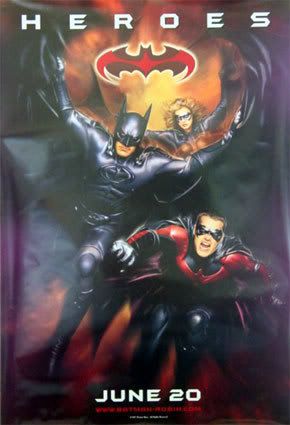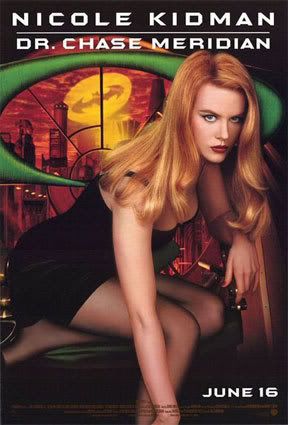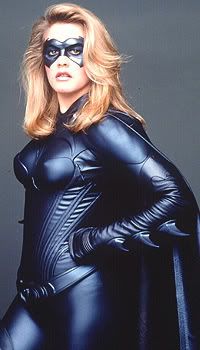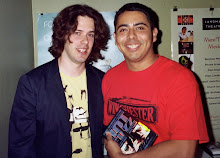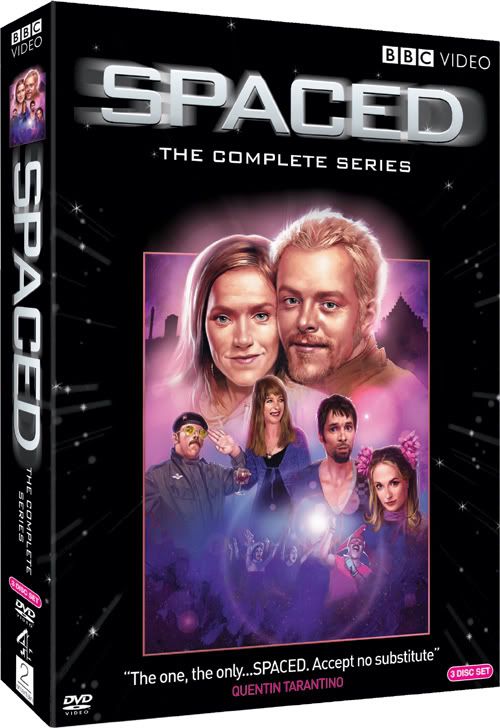
If you have never watched Spaced, it almost defies description. Simply, it is a British sitcom about Tim and Daisy, pretending to be a professional couple in order to rent a small flat. But the show is so much more than that. It transcends the limitations of a conventional television series and became a meditation on all things British, pop culture and your mid-twenties. Believe me when I say that if you’re reading my blog, Spaced is right up your alley.
Simon Pegg and Jessica Hynes (nee Stevenson) star as the title characters and wrote all fourteen episodes of both series. What’s remarkable about the show is that each series is written almost as a stand alone since they never knew if they would be another series. So, instead of ending with a big cliffhanger, each series ends with a more satisfying resolution. Also, every episode was directed by Edgar Wright, a rarity anywhere in television. He brings his style to Simon and Jess’s sensibilities and they created a show with a huge cult following in
And what a DVD package it is. Not only are all the commentaries and extras from the Region 2 release included, but oh so much more. All new commentaries have been recorded for the American release with notable American fans coming into the booth. Quentin Tarantino, Kevin Smith, Diablo Cody and Matt Stone all discuss and share with Edgar, Simon and Jess on several episodes. For my money though, I like the commentaries in which Edgar is joined only by Patton Oswalt or Bil Hader. This lets them really talk more about the show instead of just branching off into other things as most Kev Smith commentaries tend to do. Patton, Bill and Edgar get to geek out over the Star Wars references, cursing and smoking on television and the lovely Daisy Steiner. There is also a feature length documentary about the making of Spaced which includes all the original cast members and key crew members, as well as a few critics and fans. Edgar, Simon and Jess revisit different locations and discuss all the hard work and fun that encapsulated the series’ run for three years.
So, what is the show all about? Simon and Jess pitched it as The Simpsons, X-Files and Northern Exposure. But, I think if you have ever wondered what a live action Family Guy might look like, imagine it with British accents and its almost as good as Spaced. Filled with references to film and television as well as cutaways, circular comedy and constant callbacks, it’s better than 30 Rock and as good as Arrested Development. Its chock full of great lines, big sequences and relatable characters. For anybody who has ever danced like a chicken, lived every week like Shark Week or used the phrase “Worst. Anything. Ever.” then you simply must see Spaced. I cannot say enough good things about this show that I am really a huge fan of it and want to give it the Big Mike Bump so that more people see it, love it and share it. Currently, BBC America is rerunning episodes nightly, so you can get a free taste of the show and I promise you, you will want to get the DVD set. It is art of the highest level, a prime example of the medium being used to transcend its means and touch the core of its audience on a very personal and intimate way. “Rabbits, rabbits, rabbits, rabbits, rabbits!”
It’s not finished!
It’s finished.
